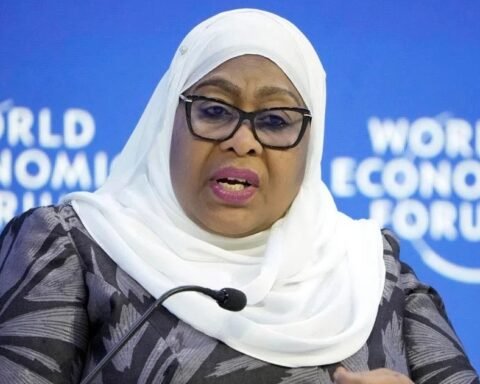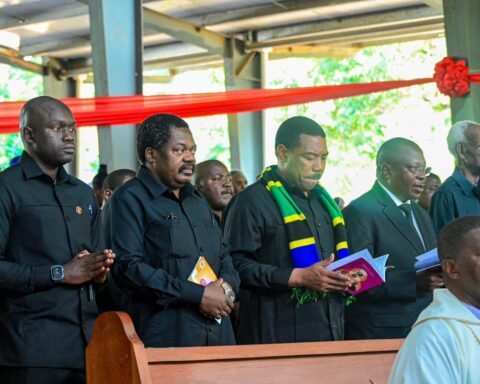The Government of Tanzania is finalizing a comprehensive overhaul of its National Information Policy, replacing the two-decade-old 2003 version.
The updated policy aims to align with the country’s Constitution, meet international human rights standards, and adapt to fast-moving technological changes.
The announcement was made on July 16, 2025, by Vice President Dr. Philip Mpango during the official opening of the Second African Media Councils Summit, held in the city of Arusha. The summit brought together key figures in African journalism, media regulation, and digital policy to discuss shared challenges and potential reforms.
According to Dr. Mpango, the revised policy will address some of the most pressing concerns raised by local and international stakeholders. These include reducing the sweeping authority once held by the Director of Information Services, eliminating outdated punitive laws targeting journalists, and introducing a simplified, transparent media licensing framework.
“This is not just a change in language—it’s a shift in philosophy. The new policy will promote press freedom, support ethical journalism, and uphold the public’s right to timely, accurate, and balanced information,” said Dr. Mpango.
One of the most notable features of the upcoming policy is its recognition of the growing influence of social media platforms, digital newsrooms, and the increasing risk posed by the misuse of Artificial Intelligence (AI).
Als o Read; Africa’s Energy Minerals May Shift Global Power
Dr. Mpango voiced concern over the global rise of AI-generated content and its potential to spread disinformation, particularly in countries that are still building their ICT infrastructure.
“Africa must prepare now. As much as AI can support journalism, it can also be misused to spread falsehoods, manipulate opinions, and disrupt democratic processes,” he warned.
He urged media regulators across the continent to take proactive steps by enacting policies that regulate AI use in journalism, while also investing in digital literacy, ethical standards, and technological capacity-building.
The summit, which runs for three days, is hosted in collaboration with the Network of Independent Media Councils in Africa (NIMCA) and includes participation from representatives of UNESCO, local media councils, and civil society actors. Key topics under discussion include media accountability, the rise of deepfakes in news, regulatory challenges, and the future of independent journalism.
Tanzania’s move to revise its policy comes amid a broader wave of media reform discussions across the continent. Several African nations are currently reviewing their own outdated laws and policies in response to the growing demand for transparency, public access to information, and better regulation of digital platforms.
Dr. Mpango also highlighted the importance of restoring public trust in media institutions. He emphasized the need for strong journalistic ethics and accountability mechanisms such as independent media ombudsman offices and public complaint systems.
The Vice President concluded his address by reiterating the urgency of the policy’s rollout: “We are working to ensure that the final version of this policy responds to our current realities—without stifling innovation, but also without compromising truth, safety, and national integrity.”







